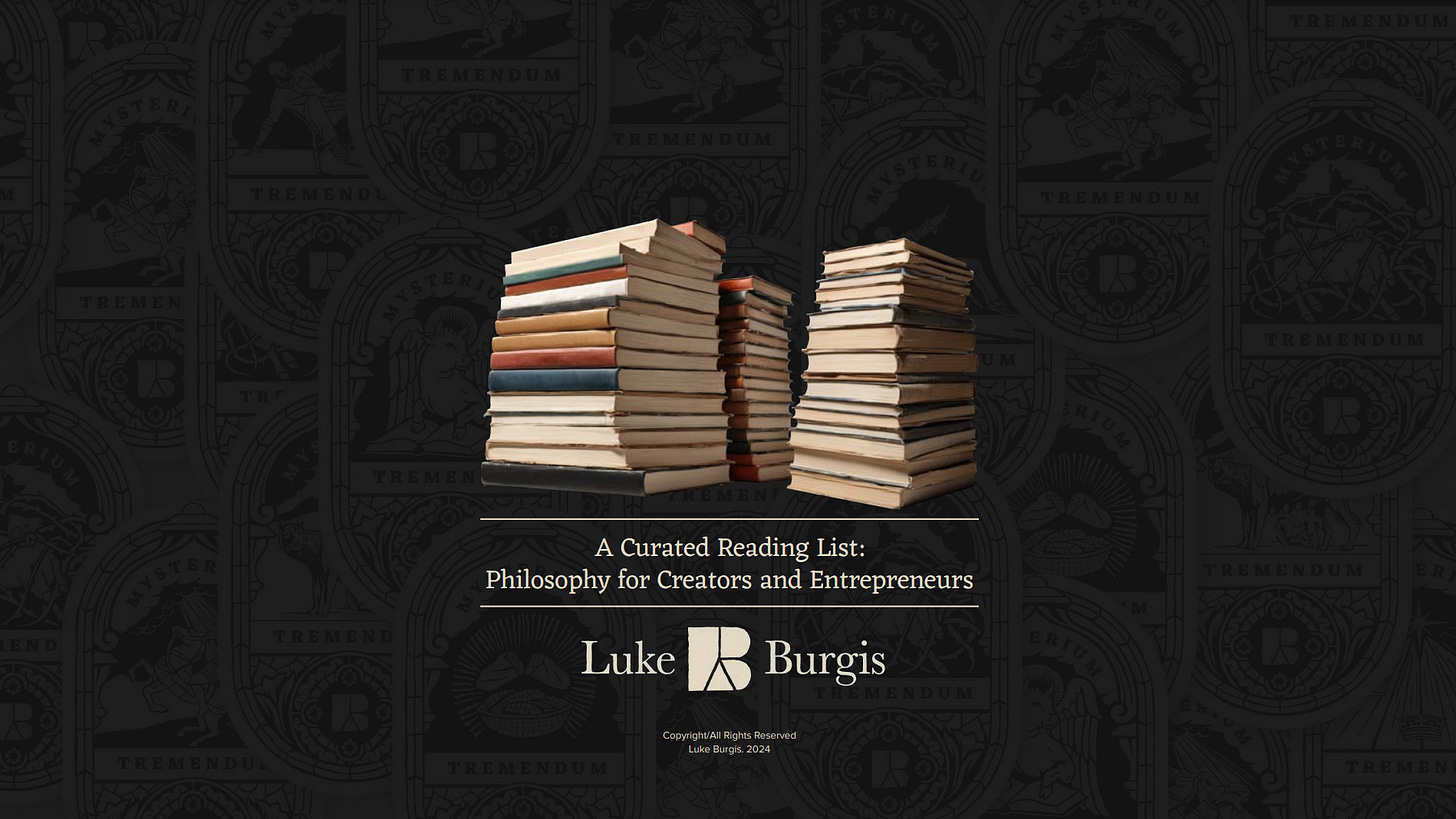When I was in my late 20’s, having by then graduated from undergrad business school, worked on Wall Street, and started several companies, I realized I was totally confused. I felt pulled in a thousand different directions without an integrated source of meaning to draw from. I wanted to be fully alive, but I was stretched thin. I felt like a battery that had lost its charge.
It’s so easy for life to become siloed. I enjoyed learning on my own, I loved building things, and I had a newfound fire to explore the ancient spiritual traditions. But every place I turned seemed walled off from the others: my undergrad education (NYU Stern) and subsequent learning communities appealed to the intellect alone (I call this “Athens”); my entrepreneur friends were only interested in talking about tech, or whatever was most useful for building their companies (I call this general utilitarian-minded world “Silicon Valley”), and my religious friends (I use “Jerusalem” for shorthand) had an inside baseball of their own, a language I didn’t understand often filled with what seemed to me like cliches and other unreal words.
Making meaning involves making connections. And part of why my friends and I lacked meaning was because nobody was helping us make connections between these disparate worlds, between different aspects of reality. At a certain point, I realized that I would have to do it myself. The central mysteries of my life lacked a nexus mysteriorum: a connecting point, a bond of mysteries.
It’s a shame to only be talking about questions of philosophy or spiritual things with your religious friends. You should not only be able to talk about progress with your tech friends. And serious intellectual conversations don’t have to be confined to universities.
I believe we must de-silo our world, throw open the windows and the doors, and retake ownership of our cultural heritage and the age-old questions of anthropology (first, questions like “What does it mean to be human?” and “How should I then live?”) that lie at the heart of the human mystery.
Philosophy and theology provide keys to understanding some of the most fundamental anthropological questions. (For most of the past 2,000 years, philosophy and theology were not sequestered or kept separate from conversations the way they are now; the German research model of a university, which I won’t get into in this particular post, has played a large role in contributing to the sense of fragmentation we have now.)
So in this list, I am drawing at least two books from each century, and capping the number of books that I draw from any of the past 20 centuries at five. Therefore, what you will find below is a list in which less than 10% of the books come from the past 100 years.
What you will find in this anti-mimetic format is that you are forced to respect the time and place of each century in ways that are initially difficult, but which—by the time you are done—open up a new appreciation for the way in which knowledge, innovation, and disciplines develop across time. The approach will feel unnatural. It runs counter to the way we are used to consuming knowledge. It requires true engagement.
Each of the books I’ve selected has something important to say to us in terms of the things we create and build, but they also speak to what it means to live a good life. How that pursuit of a good life plays out in different contexts is one of the keys to understanding why we create certain things at certain times, and sets the foundation for a deeper understanding of progress. (The current “progress studies” approach seems to draw almost exclusively on recent thinking; and I think this is a deeply flawed way to think about progress.)
My promise to you is that if you make your way through even some of these books, a rich tapestry of human potential and wisdom will begin to emerge. It won’t appear as content; it will appear as art. You will begin to see the form of something new, and it will lead you deeper into the mystery.
At the very bottom of this long list, those who are overwhelmed and don’t know where to start will find a shortcut guide in three section:
If you only read three books…
If you only read five books…
If you only read ten books…
Alright. Without further explanation, here it is:




